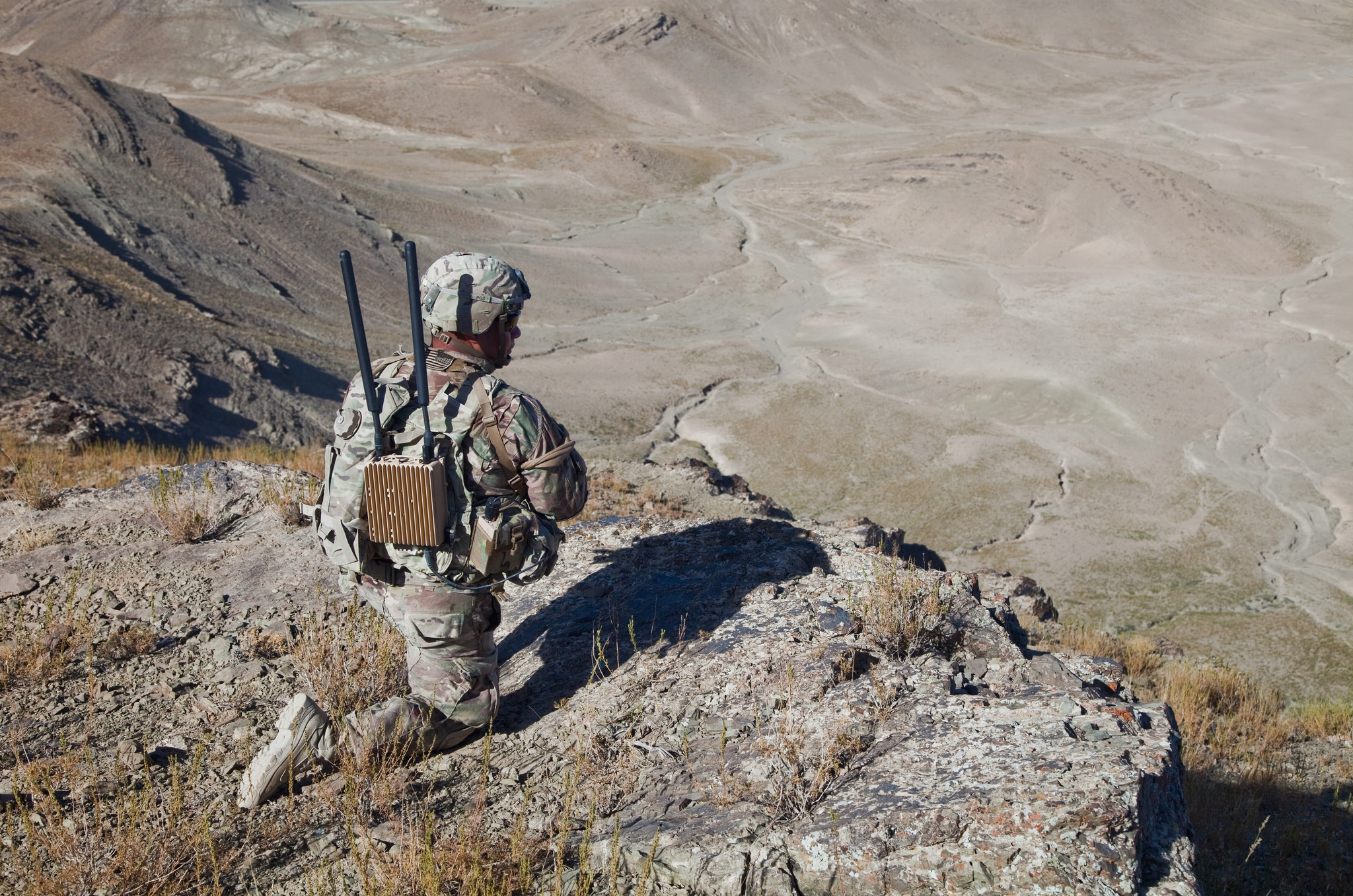Class of 2006 War Studies Conference
United States Military Academy Class of 2006 War Studies Conference Reassessing Deterrence in the 21st Century Tomorrow’s potential adversaries require a new approach for American strategic deterrence. Fifty years...
Read More


